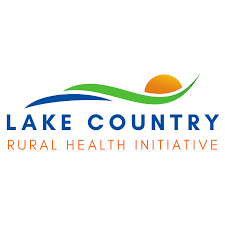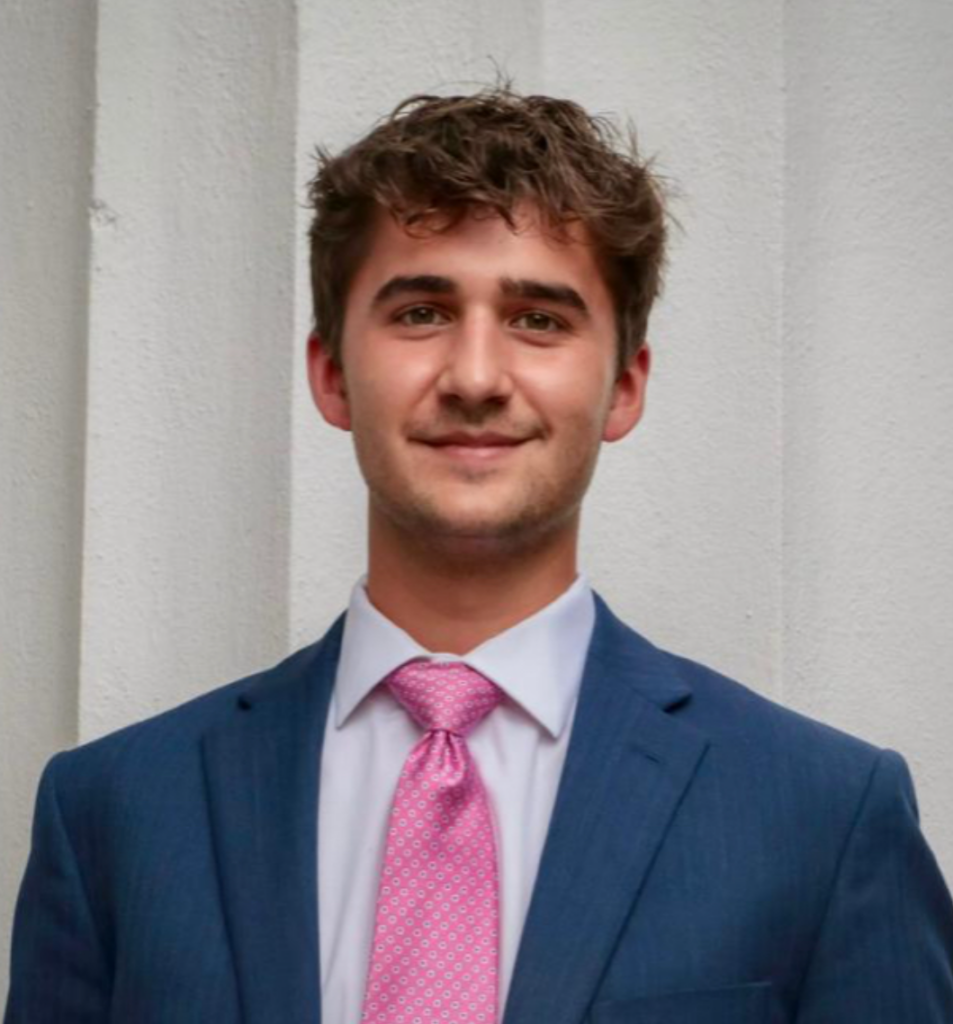The Beginning and Foundation of Lake Country’s Rural Health Initiative from the Lens of Co-founder Jered Miller

RUTH STOIA – Stoia: “Starting this initiative and being a full-time student is quite an accomplishment, how did you keep going?”
Miller: “I kept going for the people.”

I had the opportunity to interview Jered Miller, the director of clinical research at Lake Country Medical and the co-founder & executive director of Lake Country Rural Health Initiative (RHI) Inc. Jered is currently a senior at the University of Georgia studying biochemistry & molecular biology to attend medical school post-collegiate. The RHI was started by managing partner and founder Dr. Nicholas Chronos and Jered in the fall of 2023. The initiative seeks to recognize the medical disparity between rural and urban areas and act on this by setting up free health clinics in areas with no medical services available. RHI is a non-profit that has a team of driven members who believe that healthcare should be available for all. When I got in contact with Jered, I had two main questions to ask: why did he start this initiative, and how did he keep being involved.
The Why
Stoia: “Why did you and Dr. Chronos establish a solely non-profit initiative for rural areas?”
Miller: “After I had gone out myself to volunteer in these communities, I had started to talk to patients one on one and it really opened my eyes to how fortunate urban areas were and how much these rural communities needed our help.”
Jered had explained to me that when he would speak with these people in the community who sought out free health and food services it stuck with him. Their stories and lives sparked a passion to reach out to those who could not afford to travel to bigger cities like Atlanta and pay large amounts of money for treatment. For example, one of the leading illnesses in these rural areas is heart disease, which can require a significant amount of money to treat or cure depending on the type. Jered believes that, “prevention is the best medicine” and that through these health clinics, they can evaluate patients on a physical level to warn them of diseases they may not be aware they have, as well as where and how to receive treatment. As a following point, Jered stated “we do not dispense medication for patients, but instead direct them to where they can receive proper treatment.” Additionally, he also expressed that educating these areas on the importance of health and talking through a patient’s diagnosis is crucial in taking the first step of aiding these communities.
Additionally, he mentioned that the connections he had made within the initiative were “rewarding” and “the connections you make with others are big.” Within the initiative, a small community of their own was started where everyone knew each other, and life-long connections were formed. He expressed this view by saying that, “doing what you love with others who have that same drive makes a world of a difference.” He stressed that it was important to “do something you care about” because if you have no heart or passion in what you’re doing, that will reflect in your career and ultimately lessen the quality of care patients receive.
The How
Stoia: “Starting this initiative and being a full-time student is quite an accomplishment, how did you keep going?”
Miller: “I kept going for the people.”
Jered stated that this initiative was a “team effort” and when everyone comes together and does their part, it changes healthcare for the better. Everyone on the team has a common goal, and they all work together to get what needs to be done. He kept playing a part in this initiative because there was a demographic that was in need, and he had a supporting team that was right alongside him in the cause. With each conversation he held with a patient, he realized more and more how great the need was and could not sit back and watch this issue unfold without taking action.
He stated that this initiative was “the collective dream of many students” and followed by saying that many of the members of the initiative are youth in college who are driven to collaboratively aid communities and gain real-world experience. Jered stated that by getting students who were pre-med to help in these events, it taught them something a classroom could not: empathy. He has seen firsthand that students who are exposed to patient care before medical school are only enriched in the art of patient communication and provider-patient relations. Students who are on the fence about choosing a field in medicine can also solidify their decisions by having field experience in the initiative’s events they host, such as the health clinics. Jered stated that one of the things he is proud of with this initiative is how they can bring a student body together, a future generation of healthcare providers, to create a real change and it makes this whole initiative worth the labor, time, and effort.
Stoia: “You have provided a wealth of information about this initiative, it is truly remarkable! If there is one piece of advice you would give pre-medical college students, what would that be?
Miller: “Get involved within a small organization and devote all that you have because it will be so rewarding, and those connections you make with others are big in the long run.”
Copy Editor – Elizabeth Vaitl
Photography Source – Ruth Stoia and Ashaar Bakshi
